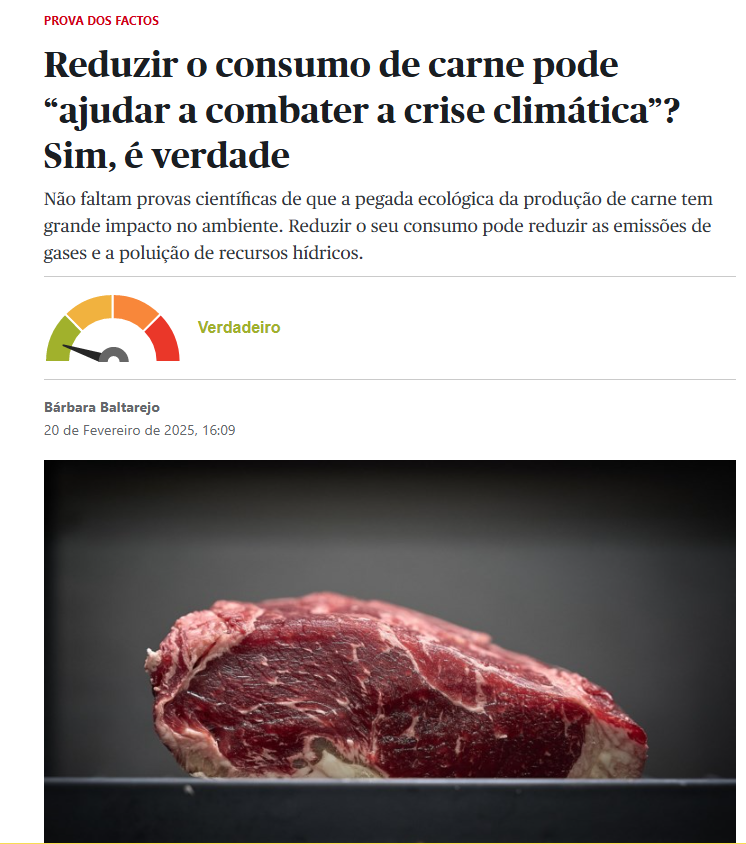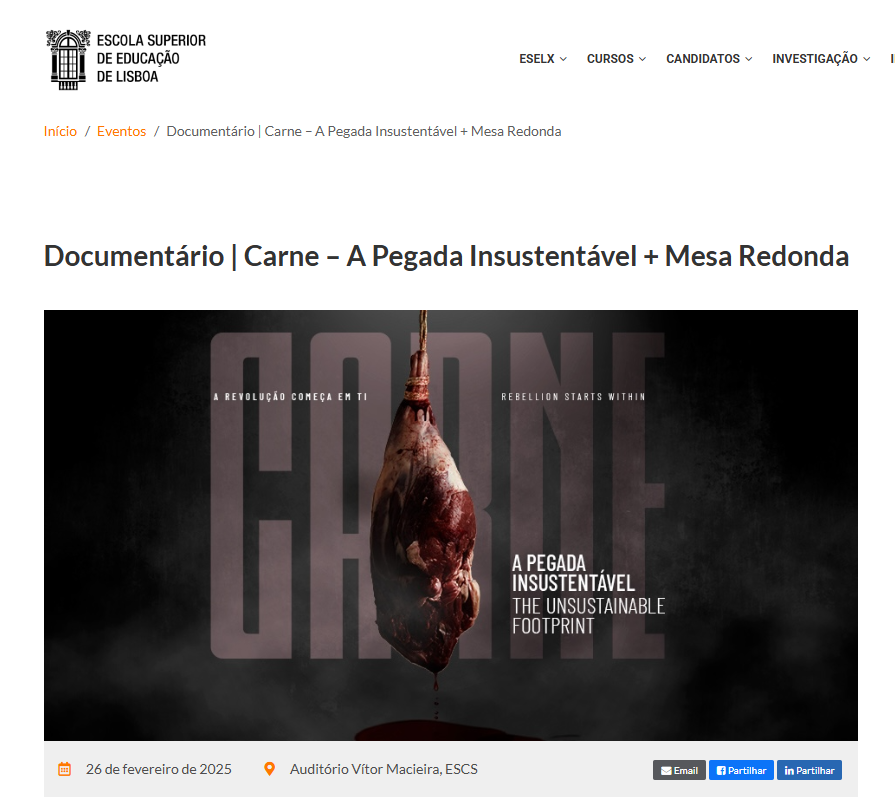
Euractiv: 'Majority of consumers have no beef with meat names for veggie products, says study'
Consumers group BEUC has weighed in on the debate over the naming of plant-based products, saying that 80% of surveyed consumers had no issue with meat or dairy-like terms being used for alternative products.
“Only one in five consumers say that these terms should never be used on plant-based products. On the other hand, we have one in four consumers who said that they see absolutely no issue with the use of these terms,” Camille Perrin, senior food policy officer at BEUC, said during a EURACTIV event on Thursday (15 October).
She added that a further 40% of those surveyed supported the use of names usually reserved for meat products on plant-based items, but only so long as the products are clearly labelled as vegetarian or vegan.
The debate over the naming of plant-based products has been raging in Brussels over the past few weeks in the lead up to the European Parliament vote on the Common Agricultural Policy (CAP) reform, starting on Monday (19 October).
The final plenary vote on trade rules for all agriculture products marketed in Europe, under the so-called common market organisations (CMOs), will feature two amendments on meat and dairy denominations that are particularly irksome for environmental NGOs and plant-based industry players.
The outcome of these votes could see a ban on names such as “veggie burgers” and “vegan sausages” in the EU, as well as further restrictions on the use of dairy-related names for alternatives, including a ban on phrases such as “dairy-free alternative” or “vegan substitute for dairy cheese”.
This is something that Rogier Smeets, regional president of Europe for Upfield, one of the world’s leading plant-based foods companies, said would take the EU “massively backwards” on sustainability and transparency.
Speaking at the panel event, Smeets criticised the proposals, stressing that plant-based foods carry a much lower environmental impact than their animal-derived alternatives and that this decision may affect the uptake of plant-based foods.
“We already see today that consumers are making more and more the choice for plant-based. So why would we want to pull them back by regulations that are not clear, are too vague, are too broad, leave too much interpretation and will slow down a potential growing industry?”
Green MEP Francisco Guerreiro, vice-chair of the European Parliament’s AGRI Committee, said there was a serious concern about the economic impact of these amendments.
“We are putting at risk millions of jobs, because this has a chain,” he said, highlighting that this affected farmers but also had knock-on effects in the transport, exportation, transformation and distribution sectors.
He explained that this risk has an added importance in the face of a second wave of the COVID-19 pandemic.
These concerns have been echoed by other industry voices, who, in an unorthodox pairing, joined forces with NGOs earlier this month to urge EU lawmakers in a letter to reject the amendments.
The signatories, which includes the likes of Unilever and IKEA, say that the amendments would “strongly hamper the further development of innovative, plant-based foods that have a key role to play in enabling citizens to make healthier and more sustainable food choice”.
‘Call a spade a spade’
However, this is strongly refuted by the European livestock sector, who bit back with their own campaign in favour of the amendments.
As part of their ‘Ceci n’est pas un steak (‘This is not a steak’) campaign, launched earlier this month, the sector warned that if these terms for plant-based foods are condoned, this will “open a Pandora’s box that will in the long-run impact consumers and livestock farmers alike” .
Jean-Pierre Fleury, chairman of the EU farmers association Copa and Cogeca’s working party on beef and veal, said that “the European livestock sector is not trying to fight this development,” but are instead simply calling for the work of millions of European farmers and livestock sector workers to be “acknowledged and respected”.
“I am not afraid to say that this is an obvious case of cultural hijacking. Certain marketing agencies are using this to deliberately confuse consumers by promoting the view that substituting one product for another has no impact on the nutritional intake,” he said.
He added that although this was a path paved with good intentions, it will open the door for other confusing denominations to emerge in the long term.
“We are about to create a brave new world where marketing is disconnected from the real nature of products, which is just asking for things to spin out of control,” he added.
Lê a notícia aqui












Público: 'Prova dos factos'
Quinta-feira, 20 de Fevereiro de 2025
LER MAIS